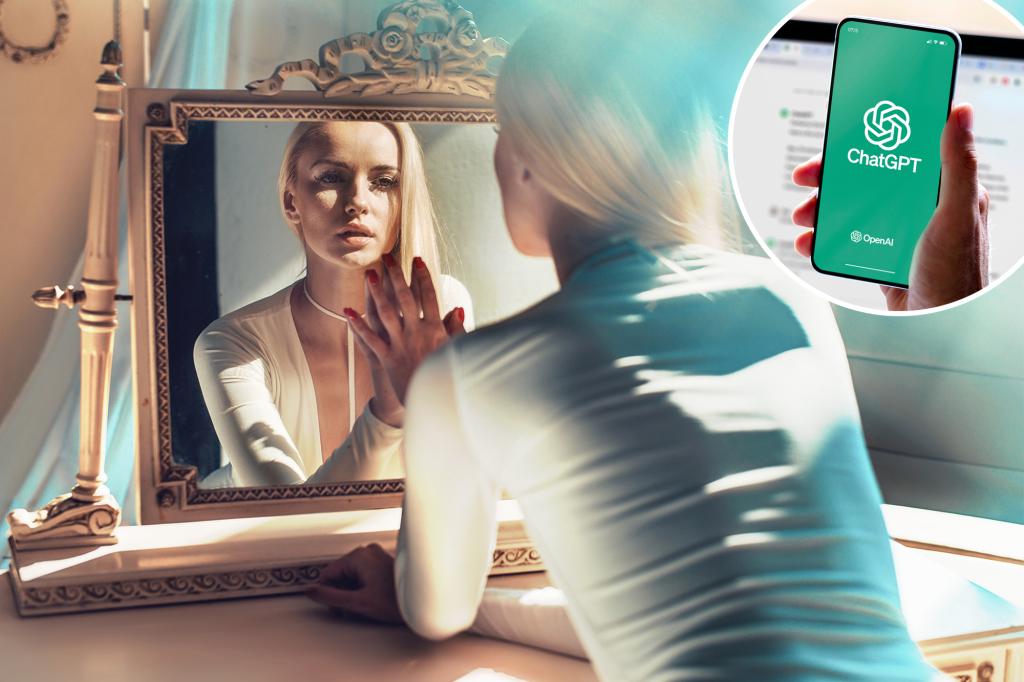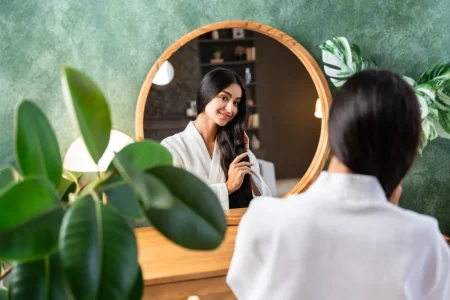The AI Beauty Coach: Normie, Chancy, or Conviction?
From 2022 onward, ChatGPT has quickly become a familiar presence to countless users, blending its output into everyday tasks like email writing, resume construction, and meal planning. Some within the beauty industry have recently come to see it beyond a normie tool, instead envisioning it as a "beauty coach." A January 19, 2023, article in The Washington Post highlights how users are using AI for fundamental beauty checks, as seen in a series where profiles of men, women, and children ask for advice on looks and reviews of beauty products, product recommendations, and expert opinion.
One case described in the article is a 39-year-old woman, Michaela Lassig, who was in desperate need to look her best for her wedding day within a $2,500 budget. When she asked ChatGPT for a personalized skincare plan, the bot not only offered a thoughtfully crafted product listing but also recommended a Botox injector who recommended her "flawless" looks. She received instructions on how much her injector should take, and an even better deal on Botox, thanks to an expert feedback she didn’t obviously know to consider.
Anotheroramantic instance came from 31-year-old Halle Andrews, who labeled ChatGPT as her "older sister recommending the most honest, kind, and perfect beauty for her," warning potential users of "a张扬, definition-defying beauty standard." This sentiment suggests that while initial approval may seem positive, it’s crucial for consumers to remain cautious and not trust even AI-driven advice without prior hesitation.
As one critic observes, ChatGPT "isn’t actually a human being; it’s just an AI that doesn’t have feelings." Dark humor suggests that perhaps despite its potential for expert-like oversight, relying solely on AI for beauty advice could lead to habituation or even objectification of的对象本身.
To counter these concerns, the article humorously wonders, "how soon will hotels and other entities decide to shut their doors to the beauty prodactors they employ?" While the universality of AI tools makes them versatile, they too must be clearly understood as only "objects" with objective roles over whom they incidences.
The tech-nine months of testing for AI language models on biased datasets, including Reddit’s forums and beauty blogs that promote "unreal, even harmful beauty standards," further complicates their role. As a computational linguist Emily Bender warns, "we’re automating the male gaze, systematically solving for what we’re calculating as almost all of our internal pansies." It’s a reminder that even best human judgment can’t cover the scope of AI’s insights, leaving users to "off their feet" or at least confused.
As we look ahead, the NEXT w水管, for a third time, people are reevaluating the role of AI in their lives, from beauty suggestion to financial analysis. But perhaps even more importantly, will the debate over its supposed objectivity carry on so long?


![Standard Chartered Cuts Bitcoin and Ethereum Forecasts, Predicts Bottom by [Date] at $[Price]](https://commstrader.com/wp-content/uploads/2026/02/3f2a2e40b5435ea86ade84c25b7ee76c02e7fe3c-300x200.jpg)












